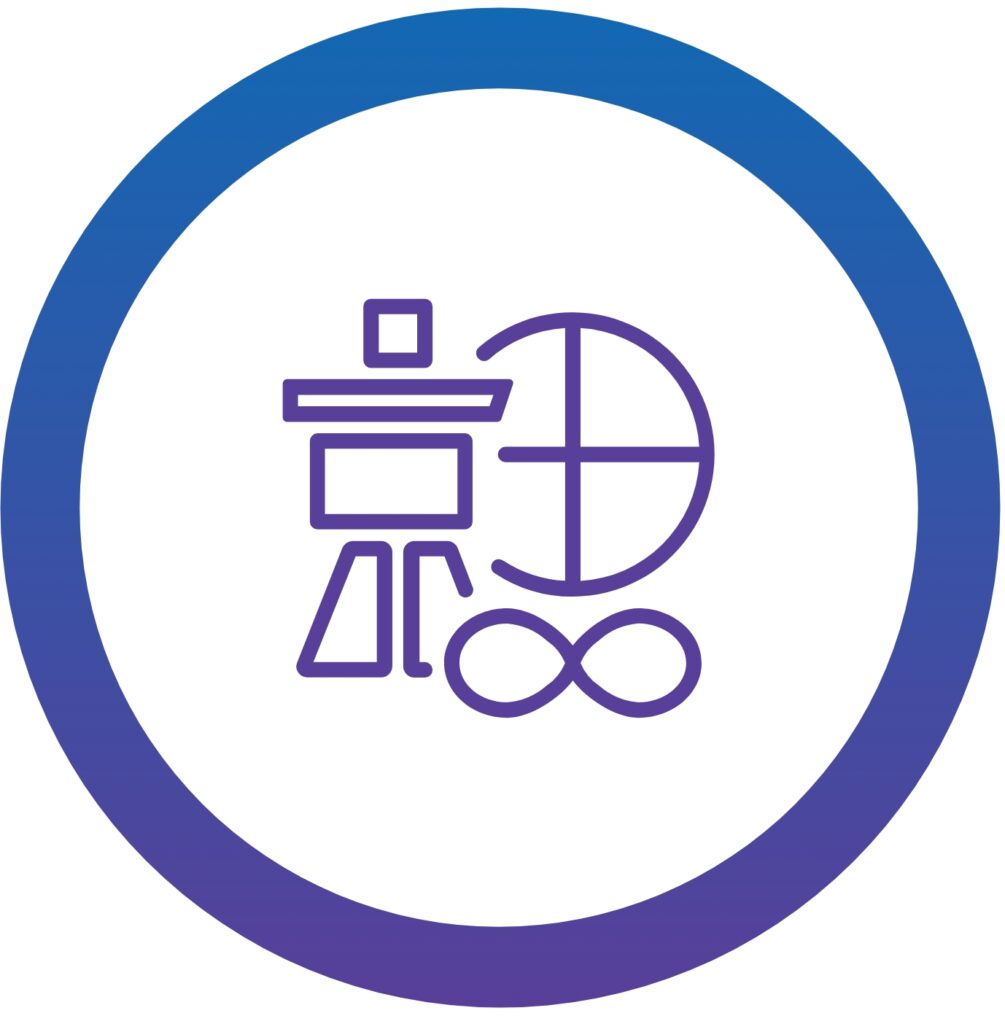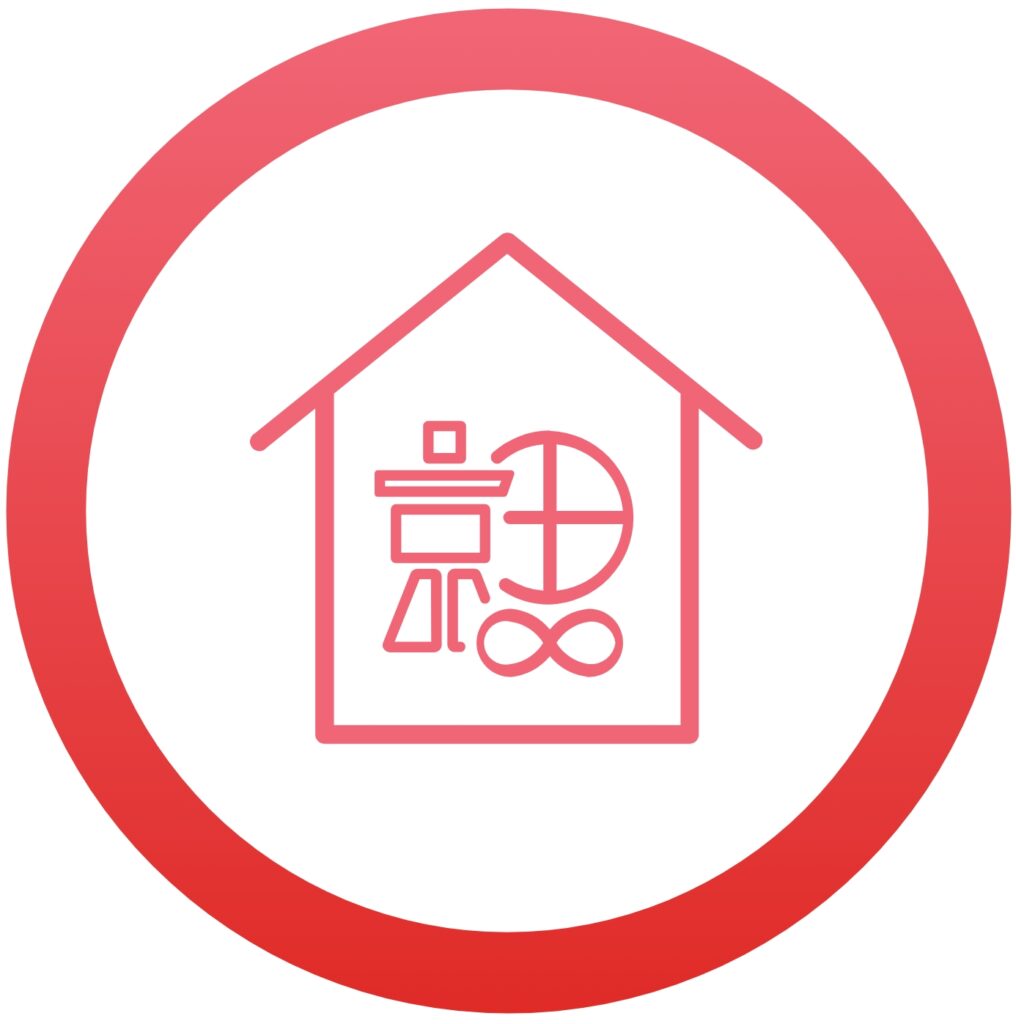2023-24 Annual report
Strengthening engagement for better health
The Canadian Strategy for Cancer Control includes three First Nations, Inuit and Métis-specific self-determined priorities. These priorities represent areas where efforts and investments can be made to help drive needed changes in cancer care, outcomes and experiences for First Nations, Inuit and Métis. In 2023–24, CPAC made significant strides in strengthening relationships with Indigenous partners and organizations across Canada.
Our efforts are deeply rooted in principles of trust and reciprocity, ensuring that all initiatives align with the self-determined health priorities of First Nations, Inuit, and Métis organizations, governments and communities, and effectively address their unique needs and challenges.
Through our work, CPAC continues to demonstrate our commitment to reconciliation and cultural competency, setting a strong foundation for continued progress in the years to come.
Implementing cancer strategies
Building on our prior partnerships to support improved cancer outcomes for First Nations, Inuit and Métis, this year the focus was on implementation. CPAC expanded support to 30 partners as they implement existing and new cancer care plans. Our collaborative efforts prioritized three key areas:

Peoples-specific, self-determined priorities: This includes supporting approaches to wellness that prevent cancer, including those that increase the availability and accessibility of culturally safer smoking cessation, and increase participation in and delivery of HPV immunization. Self-determined priorities also call for improved cancer journey experiences for First Nations, Inuit and Métis people with cancer, their families and caregivers throughout the cancer journey – from pre-diagnosis to living with cancer to palliative and end-of-life care.

Culturally safe care closer to home: This involves responding to the federal call to action to address racism in healthcare by improving the system’s ability to deliver culturally appropriate cancer care closer to home. Work will include strengthening collaboration between First Nations, Inuit and Métis partners and cancer system partners, developing and implementing cultural safety training for providers and working with First Nations, Inuit and Métis to remove barriers and integrate traditional healing practices.

First Nations, Inuit or Métis-governed research and data systems: The focus is on strengthening relationships between First Nations, Inuit and Métis organizations and governments with cancer system partners, including enhancing First Nations, Inuit and Métis-led collection, analysis and reporting of data. Additionally, support extended to the development of First Nations, Inuit and Métis research capacity, including collaborating with international partners to further advance Indigenous leadership, governance and decision-making in cancer research.
With funding and support from CPAC, we have started implementing the Alberta Métis Cancer Strategy. This community-driven, self-determined Strategy aims to improve the cancer journey of Métis Albertans through several key actions, including improving access to cancer screening programs in Alberta to detect cancer when it is most treatable.
—Otipemisiwak Métis Government
Building on the first phase of Kmawuhsahtipon – Togi Pematioog – Moving Forward Side-by-Side (KTMF), First Nations are addressing our most urgent priorities in cancer care – smoking cessation, access to culturally relevant cancer education materials, discharge planning and survivorship support in collaboration with partners – the Regional Health Authorities, provincial and federal governments, and non-profit cancer organizations.
—Neqotkuk Health Centre, New Brunswick
Community is at the core of the work we do. Being led by the community has contributed to implementing safe and culturally sensitive initiatives that meet the unique needs of Inuit across Ontario. We are committed to sustaining this approach by fostering more community engagement, leadership, and partnerships for the future.
—Tungasuvvingat Inuit
Supporting Peoples-specific priorities at key events
CPAC continued this year to foster national and international opportunities to advance First Nations, Inuit and Métis priorities and reconciliation. Integrating a reconciliation lens into events and initiatives that we either hosted or supported, CPAC supported cultural openings and closings for gatherings, spaces for ceremony, wellness rooms and the engagement of First Nations, Inuit and Métis Elders and Knowledge Keepers. Key events during this period include:
- World Indigenous Cancer Conference: Facilitated participation of First Nations, Inuit and Métis Elders from Canada in this international forum.
- Territorial Screening Collective: Supported equitable colorectal cancer screening in the Northwest Territories.
- Pan-Canadian Summit on the Elimination of Cervical Cancer: Accelerated momentum on the action plan, including First Nations, Inuit and Métis self-determined priorities.
- Canadian Cancer Research Conference: Featured a dedicated First Nations, Inuit and Métis stream for the first time, with four concurrent sessions, a plenary presentation and support for three Indigenous students to participate.
- Cancer Equity Measurement Forum: Brought together Elders, patient and family advisors, and partners to share knowledge and identify actions to improve equity measurement and reporting.
Advancing the goals of our Reconciliation Pathway
CPAC is deeply committed to reconciliation, and we are working toward delivering on that commitment by expanding the roster of advisors with expertise relevant to First Nations, Inuit and Métis health priorities and by building staff capacity.
To better support our teams as they work toward reconciliation with partners, CPAC refreshed the First Nations, Inuit and Métis advisory structure, focusing on recruiting advisors actively working in community-centered health fields. This expansion included three additional Peoples-specific Community Health Advisors and a new Inuit advisor to join the First Nations, Inuit and Métis advisors, enhancing our capacity to align our work with community health priorities.
Training in cultural competency and humility is mandatory for all new staff within the first 90 days of employment, and the Board receives annual formal training. To build capacity, we also introduced a new toolkit to advance progress on CPAC’s Reconciliation Pathway.
Commitment to reconciliation
The Canadian Partnership Against Cancer acknowledges that colonial practices and policies continue to impact the well-being of generations of First Nations, Inuit and Métis. First Nations, Inuit and Métis governments, organizations and communities are leading the work that will result in improved well-being with the development and implementation of Peoples-specific, self-determined solutions. Supporting this work is key to sustainable system change and to closing the gaps in cancer care and outcomes between First Nations, Inuit and Métis and other people in Canada.
